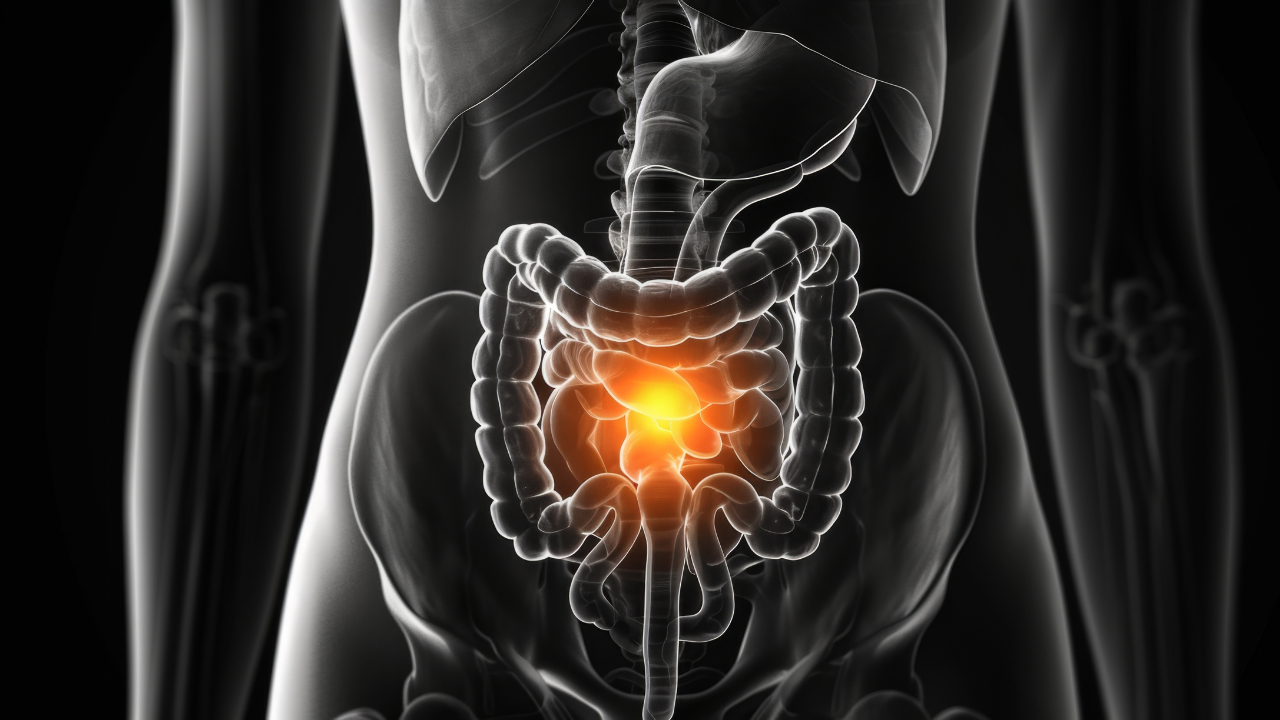
R&D/Clinical Trials
Latest News
Latest Videos

More News

Data from a Phase Ia single ascending dose study found that ASC30 demonstrated dose-proportional pharmacokinetics, a half-life of up to 60 hours, and superior pharmacokinetic properties compared to other oral GLP-1 receptor agonists.

Cary Claiborne, CEO, Adial Pharmaceuticals, discusses promising results of the AD04 study in patients with Alcohol Use Disorder

John Hood, CEO, Endeavor BioMedicines discusses partnering with advocacy groups to increase awareness of clinical trials for idiopathic pulmonary fibrosis.

Pavone discusses how these methods can be used to combat a lack of diversity in clinical trials.

While challenges remain, AI is accelerating the process by enabling researchers to identify and design new drug candidates more quickly and efficiently with applications in target discovery, structure prediction, and drug optimization.

Data from the Phase III trial program found that AXS-05 demonstrated statistically significant efficacy in treating Alzheimer disease agitation.

John Hood, CEO, Endeavor BioMedicines discusses a potential timeline on availability of ENV-101 for patients with IPF and further validation of the treatment's safety profile.

John Hood, CEO, Endeavor BioMedicines discusses the key differences between ENV-101 and currently approved IPF treatments.

Regulatory, technological, and other factors are set to have a significant impact in the coming year.

Mohamed Haitham Ayad, CEO, co-founder, SPIMA Therapeutics, discusses the company’s launch and how multiple institutions have supported its pipeline.

Results from the SURMOUNT-5 Phase IIIb trial found that Zepbound achieved an average weight loss of 20.2%, surpassing Wegovy’s 13.7%.
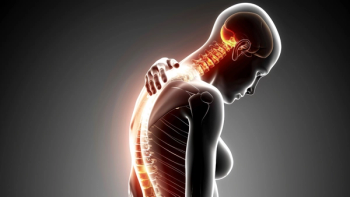
Results of the RESILIENT SMA study found that while taldefgrobep demonstrated clinically meaningful motor function improvements in patients with spinal muscular atrophy, the treatment arm did not achieve statistical significance at 48 weeks.

Etira’s CEO discusses recent developments in R&D and with the company’s leadership.

As the first major treatment to be approved for schizophrenia in over 30 years, Cobenfy is poised to set the stage for new approaches in treating mental health disorders.

Framework proposes three strategies designed to address the unique challenges of personalized and genetic therapies for rare diseases—and increase the probability of economic success for a new wave of potential curative treatments for these conditions.
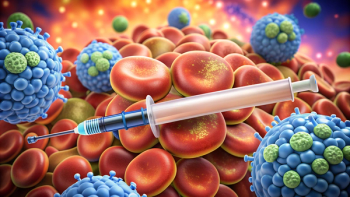
Tirzepatide Demonstrates Significant Benefits for Patients with Pre-Diabetes, Obesity Over 176 Weeks
Results from the Phase III SURMOUNT-1 study show that tirzepatide, a dual GIP and GLP-1 receptor agonist, achieved substantial average weight loss of 22.9% in patients with pre-diabetes and obesity.

Why tapping the value generated for the next set of therapies is critical.

Results from the Phase III KOMET trial found that Koselugo demonstrated a statistically significant objective response rate compared to placebo treating plexiform neurofibromas.

Phesi’s founder and president discusses methods of improving the site selection process.

Results from the Phase II EMPOWER trial found that emraclidine failed to meet its primary endpoint of reducing Positive and Negative Syndrome Scale scores after six weeks of treatment for schizophrenia.

In this episode of the Pharmaceutical Executive podcast, Shubh Goel, head of immuno-oncology, gastrointestinal tumors, US oncology business unit, AstraZeneca, discusses the findings of the NIAGARA trial in bladder cancer and the significance of the five-year overall survival data from the HIMALAYA trial, particularly the long-term efficacy of the STRIDE regimen for unresectable liver cancer.

Results from the VENTURE Phase II trial and a Phase I oral formulation study found that VK2735, a novel a dual GLP-1 and GIP receptor agonist, demonstrated promise in treating obesity.

Results from Part I of the Phase III ESSENCE trial found that Wegovy 2.4 mg achieved a 37% improvement in liver fibrosis without worsening steatohepatitis in patients with metabolic dysfunction-associated steatohepatitis compared to 22.5% in the placebo group.
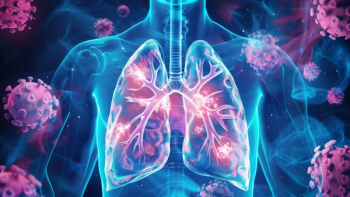
The trials will investigate datopotamab deruxtecan in combination with treatments including rilvegostomig, osimertinib, and chemotherapy in patients with nonsquamous non-small cell lung cancer.
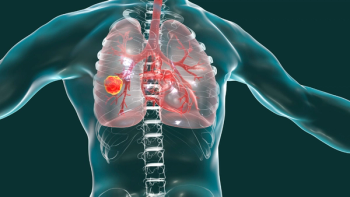
Collaboration seeks to advance the treatment of non-small cell lung cancer by combining Keytruda with Moderna’s novel neoantigen therapy, which has shown positive results across cancer types.




